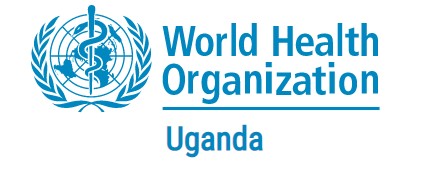Uganda has one of the best emergency preparedness and response systems in Africa. This is the finding of the second Joint External Evaluation (JEE) exercise that assessed the country’s capacity to detect, prevent, and respond rapidly to public health emergencies in accordance with the International Health Regulations (IHR, 2005).
The JEE is a peer review, voluntary, collaborative, multi-sectoral capacity assessment exercise conducted every 4 to 5 years. It took place in Kampala and was coordinated by the Prime Minister’s Office, with support from the World Health Organization and partners.
It helps countries identify the most critical gaps in their wider health system and prioritize actions to improve preparedness and response capacities. The process begins with an internal multisectoral assessment by the country and its national stakeholders, which is then presented to an international external team for a more in-depth evaluation.
Speaking at the opening ceremony, the Minister of Health, Dr. Jane Ruth Aceng Ocero, explained the importance of the exercise for the health system noting that “It is always important to know our strengths and weaknesses in terms of emergency preparedness and response, to improve our strategy and actions”. This, she added, “is the reason why we requested WHO to support Uganda in carrying out the JEE exercise”.
During this JEE, a team of external evaluators mobilized through WHO assessed the measures taken by the country to strengthen its pandemic prevention, early detection, and rapid response capacities since 2017, when the first evaluation exercise was carried out.
The evaluation found that Uganda has a strong immunization system to prevent and contain epidemics. The country was also commended for its strong surveillance system, which enables early detection of outbreaks. In addition, the public health emergency management system is strong, as evidenced by the existence of public health emergency operations centers.
“Uganda has one of the best emergency preparedness and response systems on the continent. It has a good laboratory system across the different sectors. I encourage other countries to learn from Uganda,” said Dr. Shikanga O-Tipo who led the external evaluation team.
The JEE also identified some weaknesses to which evaluators made several recommendations such as strengthening the multisectoral health security workforce to respond effectively to health emergencies. The evaluators also called for improved capacity to combat antimicrobial resistance (AMR). This, they noted would in addition improve the country’s infection prevention and control strategic interventions.
Consequently, Dr Aceng stressed the need to work together to improve the country’s ability to prevent and respond to health emergencies. “One sector alone cannot cope with health emergencies, a sustained multi-sectoral approach between ministries and partners is needed to ensure an adequate response to public health events.”
Speaking at the closing ceremony, Dr Elizabeth Mgamb, WHO Emergency Preparedness and Response Country Team Lead, noted that this edition of the JEE comes after Uganda experienced two major public health events of Ebola and COVID-19. “We hope that the lessons learned during these emergencies and the assessment made by the JEE will contribute to informing the next 5-year National Action Plan for Health Security in the country,” she said.
“This will go a long way to ensuring that national capacities in health emergency prevention, preparedness, response, and recovery are properly planned, built, strengthened, and sustained for improved regional and global health security,” Dr Elizabeth concluded.
Distributed by APO Group on behalf of World Health Organization (WHO) – Uganda.
